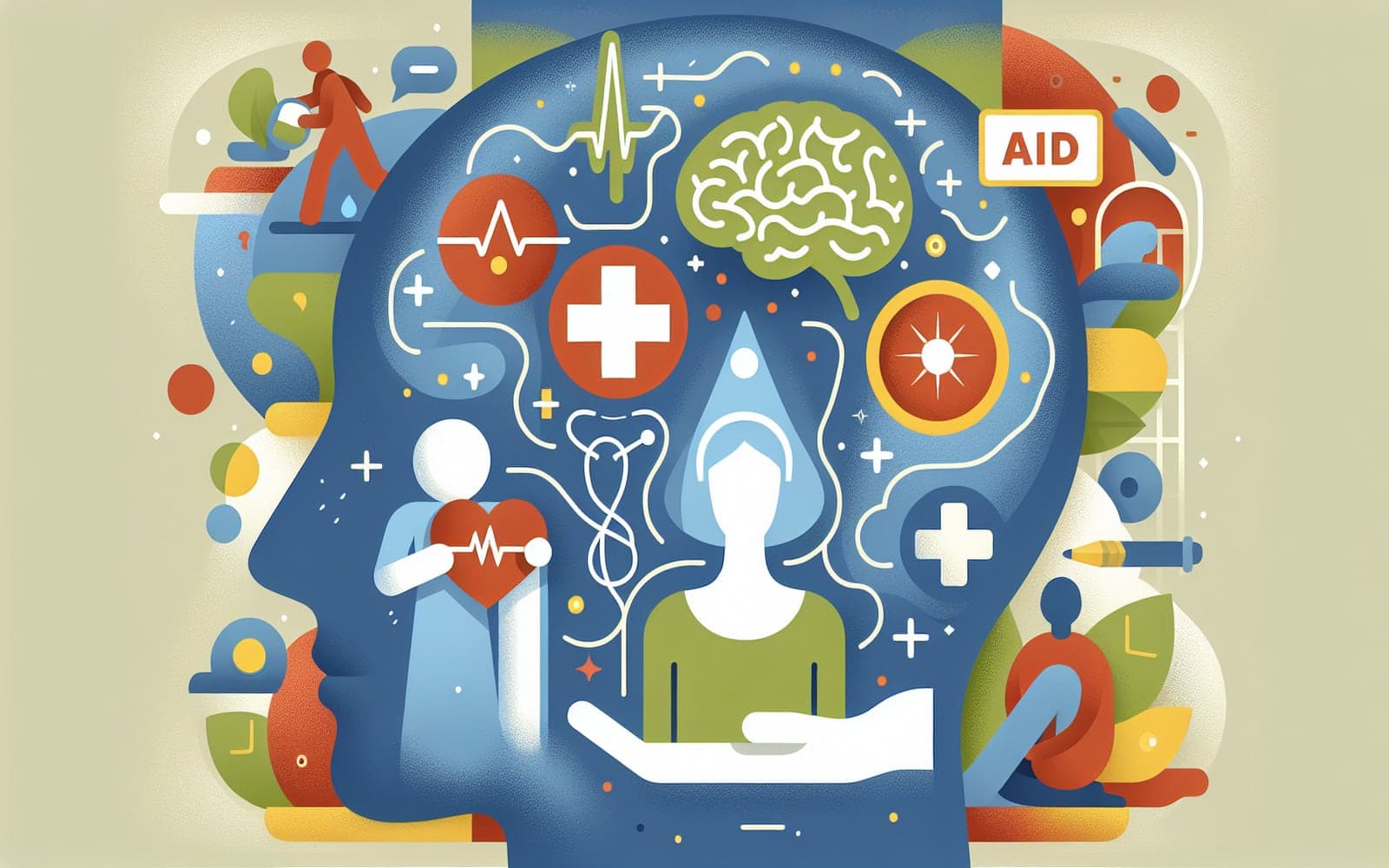Ischemic Stroke: What You Need to Know About This Brain Attack
Published: Oct 04, 2024
An ischemic stroke occurs when blood flow to part of the brain is blocked, potentially causing serious damage. Understanding the causes and prevention strategies is crucial for everyone's health.
Contents
What Causes an Ischemic Stroke?
There are several potential causes of ischemic stroke. Large artery disease, where plaque builds up in major blood vessels, is a common culprit. Small vessel disease affecting tiny arteries in the brain is another frequent cause. Heart problems that lead to blood clots, like atrial fibrillation, can also trigger strokes. In some cases, the exact cause remains unknown, which doctors call 'cryptogenic stroke'.
Who's at Risk?
While anyone can have a stroke, certain factors increase your risk. These include high blood pressure, smoking, diabetes, high cholesterol, and obesity. Age is also a factor, with risk increasing as we get older. Some medical conditions, like sickle cell disease, can also raise stroke risk.

Prevention is Key
Preventing a first or repeat stroke is crucial. This often involves a combination of lifestyle changes and medication. Quitting smoking, exercising regularly, and maintaining a healthy diet can make a big difference. Depending on your specific risk factors, your doctor might prescribe blood thinners, blood pressure medications, or cholesterol-lowering drugs.
Frequently Asked Questions
Yes, many strokes can be prevented through lifestyle changes and medication.
Large artery disease is a leading cause of ischemic stroke.
Yes, stroke risk increases with age.
Key Takeaways
Understanding ischemic stroke causes and prevention strategies can help you protect your brain health.
Concerned about your stroke risk? Talk to Doctronic about personalized prevention strategies today.Related Articles
References
Kleindorfer DO, et al. 2021 Guideline for the Prevention of Stroke in Patients With Stroke and Transient Ischemic Attack. Stroke 2021; 52:e364.
Ay H, et al. An evidence-based causative classification system for acute ischemic stroke. Ann Neurol 2005; 58:688.
Always discuss health information with your healthcare provider.

